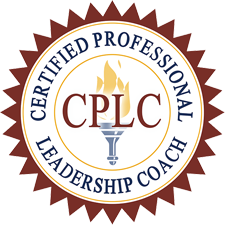I get it. It’s your story and perhaps you even pitched it but don’t try to take over what the reporter is writing. I realize the importance of controlling your message. I consult clients on this all the time. It can be done without irritating the reporter doing the story.
This is most important when a media outlet reaches out to you. If someone calls to use you in the article or news story or even write an entire story about you or your company, first be grateful; that’s assuming it’s a positive story. If you are battling a crisis, that is another issue entirely.
For the purpose of this article, let’s assume it’s a positive piece. As a journalist, I have reached out to numerous people over the years to write about them or include them in a story. Nothing irritates me more than when that person or their PR person tries to hijack my story. I am all for offering ideas or angles and often when I interview people, I learn things that make the story that much better but don’t try to control the story. Not only will the reporter ditch it, he or she may never contact you again.
If you are about to be interviewed, remember some important rules.
- Don’t ever ask a reporter to read the story before it goes to print. Another PR person I was working with on a joint story that I happened to have pitched, asked that of a veteran writer from a prominent publication and he emailed back, basically calling her out on her ignorance. I privately apologized for her, mainly because I was the one who pitched the story idea.
- Don’t insist on meeting in person. Reporters are extremely busy and are doing much more than they ever have done in the past. They have little time. If they ask for a phone interview or want to email questions, comply with their request. Don’t insist on the reporter coming to your office or you to them.
- Offer suggestions, don’t demand. Reporters appreciate ideas or suggestions but don’t start telling him how to write his story or report the story. Most reporters know what they are doing; they don’t need you to explain their job to them. Often, what you may think is story, no one else does.
- Support your information with facts. If you make a claim, support it with data and facts. Don’t just make a statement and assume a reporter will believe you. You can offer opinions but don’t state fact without backing it up. Don’t make the story about your opinion. The reporter already has an idea of how he or she wants to tell the story. Your opinions will be included but they won’t be the entire story.
- If you don’t write, don’t correct. I have had various people over the years who think they can write, correct my work. They don’t know AP style writing and sometimes don’t even have a firm grasp on basic grammar. Unless you are finding a typo or correcting inaccurate information, don’t demand a rewrite or correct the reporter’s style of writing. You should know their style before you agreed to the interview. Writing is a skill. There is a reason people major in journalism. Respect the profession and the writer.
Mackinac Policy Conference recap written by Vanessa Denha-Garmo can be found in the Chaldean News.





